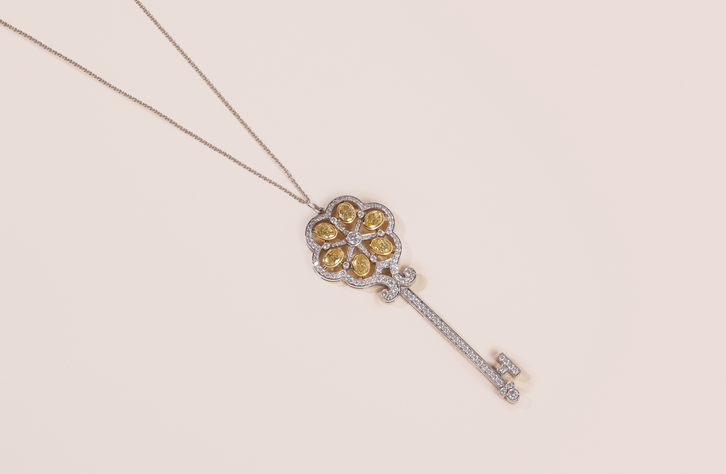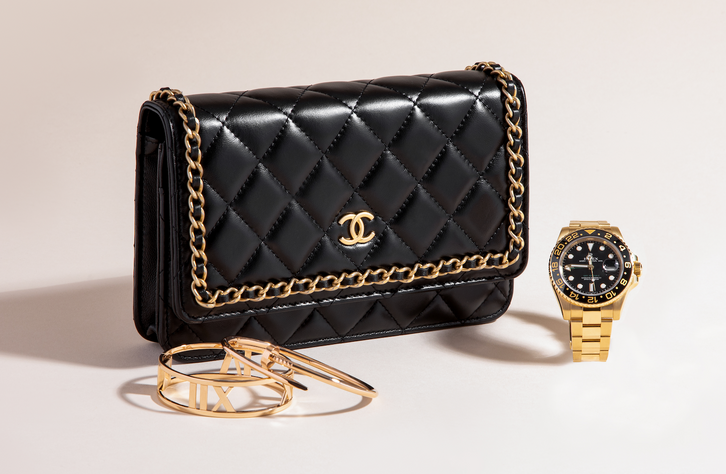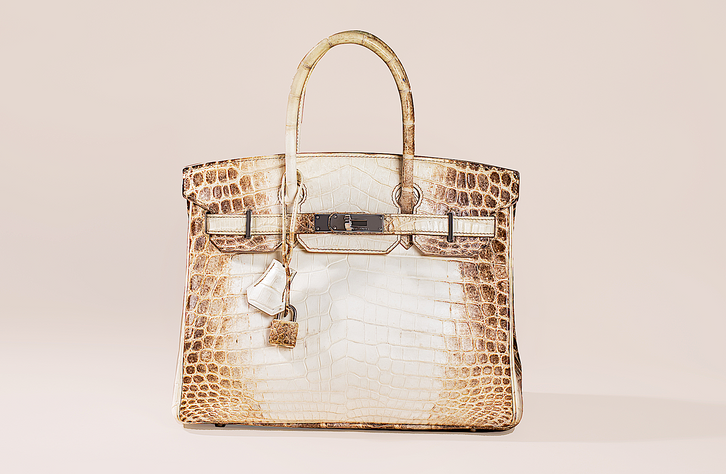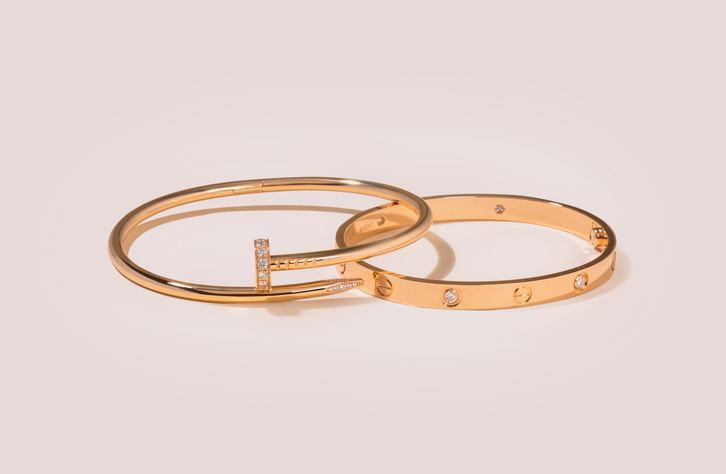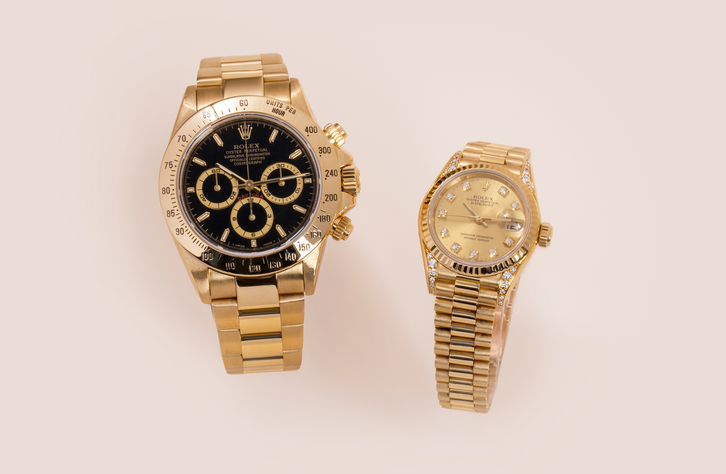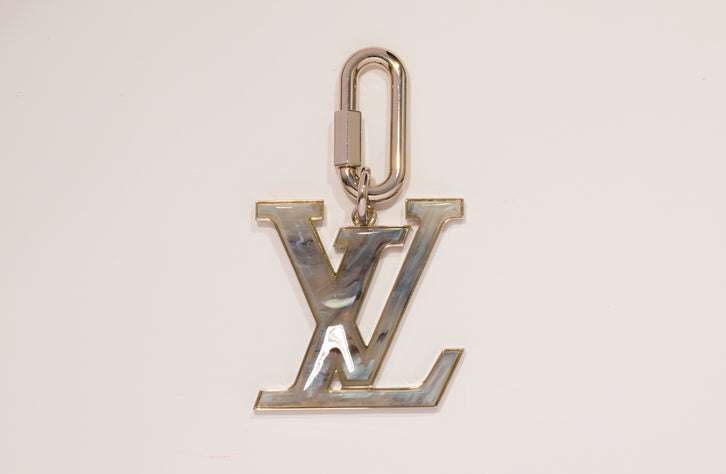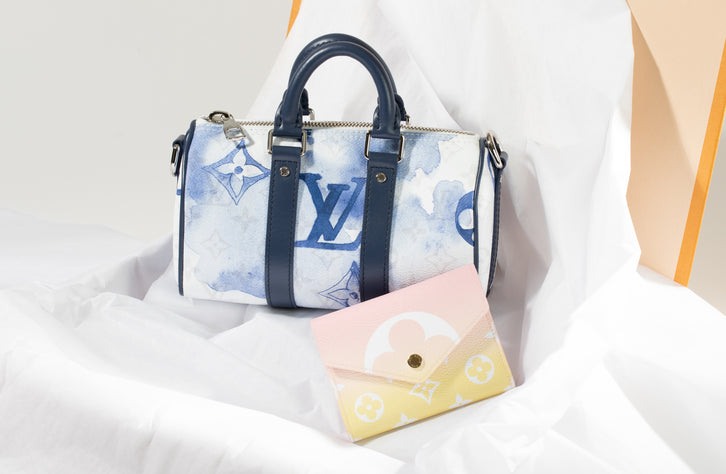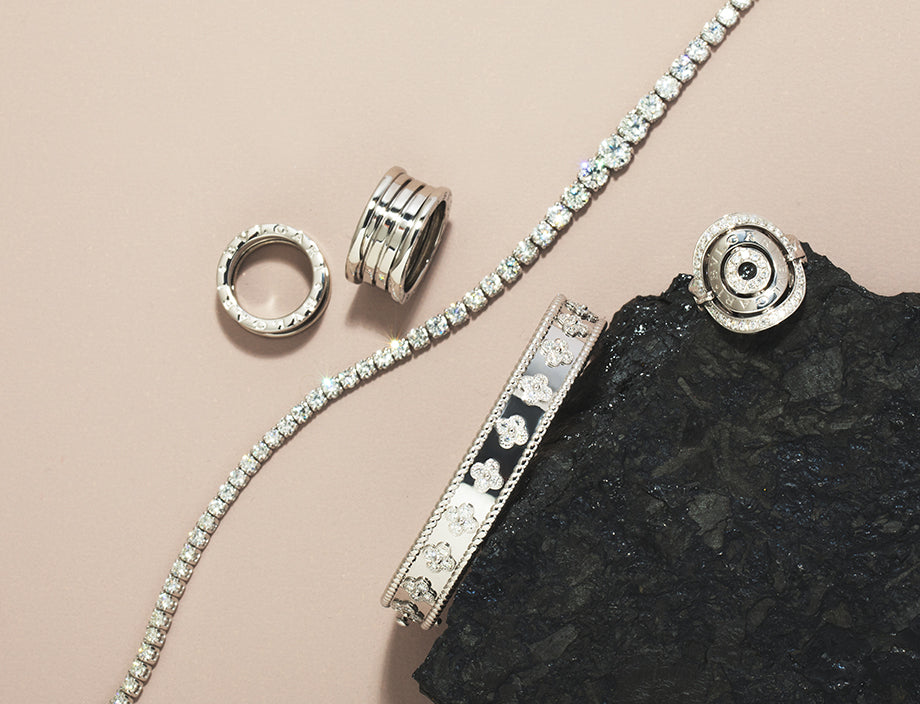- Which diamond colors are the most valuable?
- Are there other factors that can affect the color of a diamond?
- Are all colored diamond natural?
- Poor colored white vs fancy yellow diamonds
- Grading fancy colored diamonds
- Selling fancy colored diamonds
Which Diamond Colors Are The Most Valuable?
Colored diamonds can command astronomical prices. Listed from most to least valuable per carat, below is a colored diamond breakdown:
- Red diamonds - The most rare and expensive of diamond colors. Some claim that there are only in fact 20 ‘true’ red diamonds in existence.
| Where they come from | What makes them red | Most expensive red diamond |
| Brazil, South Africa and Australia (the Argyle Mine). | Thought to be caused by a deformation in the molecular structure. | The 5.11ct “Moussaieff Red” sold for nearly $8 million in 2001. |
- Green diamonds- extremely rare, there are thought to be less than 10 green diamonds to enter the market each year
| Where they come from | What makes them green | Most expensive green diamond |
| Borneo and Central Africa. | Natural radiation. | The 5.03ct “Aurora Green” sold for $16.8 million in 2016. |
- Blue diamonds- represent only 1% of all natural fancy colored diamonds
| Where they come from | What makes them blue | Most expensive blue diamond |
| India, Australia (the Argyle Mine) and South Africa. | Presence of boron. | The 14.62ct “Oppenheimer Blue” sold in 2016 for $50 million. |
- Pink diamonds- 90% of pink diamonds are found in one location: the Argyle Mine in Australia
| Where they come from | What makes them pink | Most expensive pink diamond |
| Predominantly from Australia but also from South Africa, Brazil, Tanzania and Indonesia. | Thought to be caused by a deformation in the molecular structure. | The 59.6ct “Pink Star” sold for $83 million in 2013. |
- Yellow diamonds- also known a canary, these are the second most common of fancy colored diamonds
| Where they come from | What makes them yellow | Most expensive yellow diamond |
| Angola, Brazil and South Africa. | The presence of nitrogen. | The 101.29ct “Allnatt Diamond” sold for over $3 million in 1996. |
- White diamonds- unlike fancy diamonds, their value is based on the absence of color
| Where they come from | What makes them colorless | Most expensive white diamond |
| All over the world. | Lack of impurities. | The 105.6ct “Koh I Noor” is estimated at $1 billion. |
- Brown diamonds - the most common of fancy colored diamonds
| Where they come from | What makes them brown |
| Australia, Africa and Siberia. | Structural defects in the diamond lattice. |
- Black diamonds- only exist in one color intensity: fancy black
| Where they come from | What makes them black | Most expensive black diamond |
| Central African Republic and Brazil. | Inclusions and impurities throughout the diamond. | The 67.5ct “Black Orlov” sold for $352,000 in 2006. |
Are There Other Factors That Can Affect The Color Of A Diamond?
The cut of a diamond plays a pivotal role in its color. Certain diamond shapes influence (ideally intensify) the color. Radiant and cushion cuts, for example, are popular shapes for fancy stones as they enhance the hue and maximize the color.
Are All Colored Diamonds Natural?
No. There are two types of colored diamonds: treated colored diamonds and natural colored diamonds. Treated colored diamonds are worth significantly less and any of the stone’s paperwork should state that it has been treated.
There are a variety of ways in which a diamond can be treated to create color:
- Irradiation: Used to create green diamonds.
- Annealing: Irradiation plus heating and cooling a diamond to create red, pink, orange, yellow, purple, black and brown diamonds.
- High Pressure High Temperature (HPHT): improves the color of a stone by subjecting it to high pressures and temperatures.
Poor Colored White vs. Fancy Yellow Diamonds
White diamonds may have a yellow hue, however this is not the same as a fancy yellow diamond. Color grades in white diamonds range from D-Z, with D being colorless and Z light yellow. Colorless diamonds are the most desirable meaning that yellow hues lower the value as they are considered to be of a poor color grade.
Fancy yellow diamonds are of an intense yellow that falls beyond Z on the color grade scale. Unlike white diamonds, the stronger the yellow in fancy yellow diamonds the more valuable it is.
Grading Fancy Colored Diamonds
All fancy colored diamonds should be graded by the GIA. They are the foremost authority in gemology and most trusted laboratory in the industry. Colored diamond grading is complex, with three main elements:
- Hue: primary color of the stone. There may be a main color and a modifying color.
- Saturation: the strength of the color.
- Tone: how light or dark the color is.
There are 9 grades used by the GIA to describe the color of a colored diamond, once again ranging from least to most desirable:
- Faint
- Very Light
- Light
- Fancy Light
- Fancy
- Fancy Intense
- Fancy Dark
- Fancy Deep
- Fancy Vivid
Selling Fancy Colored Diamonds
Natural fancy colored diamonds are extremely rare and valuable. When it comes to selling your fancy colored stone, you will want to deal with experts who have the knowledge and experience required to make strong offers. myGemma is a specialist fancy colored diamond buyer, able to purchase stones directly with a value of several million dollars. With an A+ BBB rating and hundreds of customer reviews, we offer a fast, secure and high-end selling experience. Contact us today to find out how much you could get for your fancy colored diamond.
